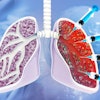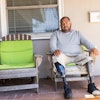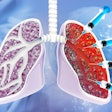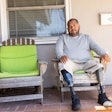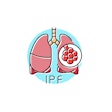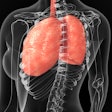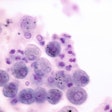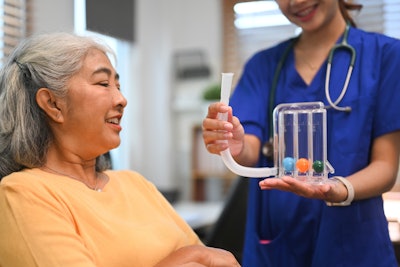
Pulmonary rehabilitation may be the answer to adults suffering from long COVID-19 symptoms. This is according to new research published in Therapeutic Advances in Respiratory Disease.
The study, “Effect of Pulmonary Rehabilitation for Patients With Long COVID-19: A Systematic Review and Meta-Analysis of Randomized Controlled Trials,” determined statistically significant physical capacity improvements in overall lung health after long COVID-19 patients completed pulmonary rehab (PR) exercises.
People who are diagnosed with long COVID have symptoms persisting three or more months following infection, including unexplained fatigue, cognitive dysfunction and dyspnea.
Duration of PR ranged from three days to 16 weeks, with meaningful results occurring between four to eight weeks. Primary outcomes included:
- Physical capacity, measured by the six-minute-walk test (6MWT)
- Lung function, measured by forced vital capacity (FCV) and forced expiratory volume (FEV) in the first second
- Fatigue levels
- Health-related quality of life (HRQoL)
The study also included secondary outcomes, such as respiratory muscle function, dyspnea, anxiety, depression, general functional and physical changes and adverse events.
In terms of physical capacity, 6MWT performance improved by an average of 77.95 meters. A combination of breathing and multicomponent exercises generated the greatest overall benefits, while multicomponent exercises alone impacted physical capacity and fatigue but did not drastically enhance lung function, and vice versa for breathing exercises along. Additionally, PR helped reduce anxiety but not depression, indicating further psychological and/or pharmacological interventions would likely be required.
Patients’ length of PR was a big factor in outcomes.
- Completion of four or fewer weeks only improved physical capacity.
- Completion of four to eight weeks improved physical capacity, lung function, fatigue and HRQoL.
- Completion of more than eight weeks further improved HRQoL and fatigue but slowed down gains in physical capacity.
The study incorporated multiple database searches, such as PubMed, Web of Science, Cochrane Central, Embase and Scopus, for randomized controlled trials (RCTs) of long COVID patients. Out of 19,700 records found, researchers selected 73 for full-text review and included 37 for final analysis. Of these, 10 RCTs used face-to-face pulmonary rehab services, 25 used telerehabilitation and two RCTs used a combination of both. Majority of trials considered patients who were previously hospitalized for long COVID, while nine didn’t and six had both.
Nineteen of the final RCTs had some concerns of bias, nine had a high risk and eight had a low risk. Only six of the trials were double-blinded. Control groups in the trials received standard care, no care or educational brochures. Researchers used Cochrane Collaboration’s RoB-2 tool to assess for bias and evaluated results based on the GRADE criteria.
Less than half of the RCTs reported any adverse events; nine reported none and the rest reported minor side effects, such as oxygen desaturation, chronic disability, hospitalization or COVID-19 reinfection. Most adverse events occurred within the control groups compared to the groups engaged in PR.




